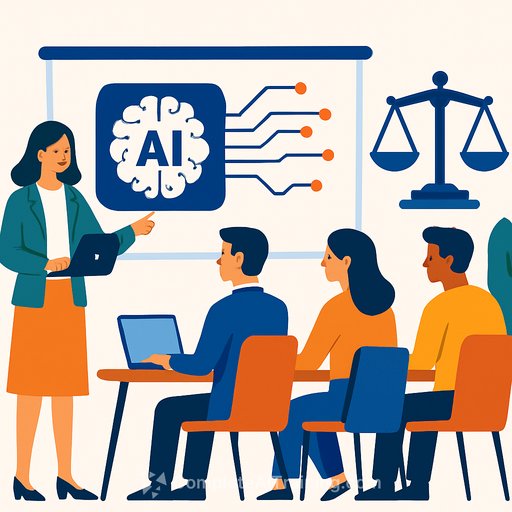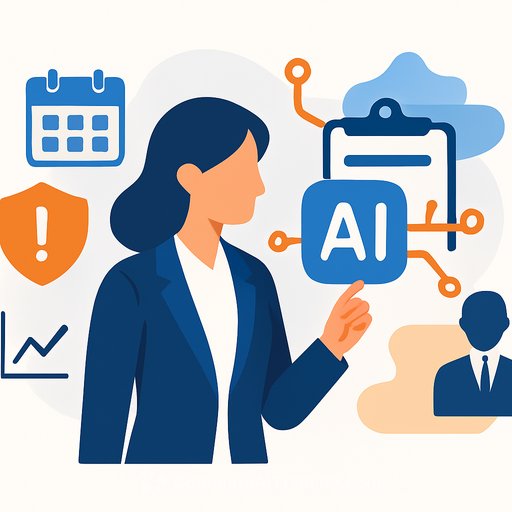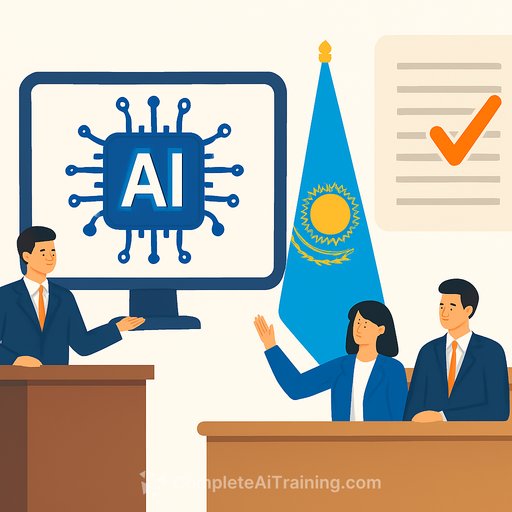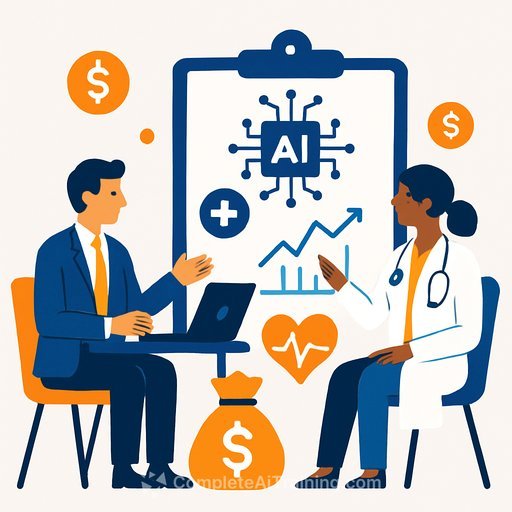Fall ’25 Orientation Adds Essential Session on Generative AI for Law Students
Generative artificial intelligence is increasingly influencing the legal profession. For law students and legal professionals, it offers significant benefits—streamlining research, enhancing communication, and saving time. However, its advantages come with caveats: the technology must be used with care and awareness.
Starting in fall 2025, Stetson Law will include a dedicated training session on best practices for using generative AI during orientation. This session aims to equip students with a clear and ethical approach to integrating AI tools in their coursework and future legal practice.
Why This Training Matters
Generative AI can be a valuable study aid and research assistant for law students. It helps with brainstorming and organizing ideas, but improper use can lead to risks such as plagiarism, reliance on inaccurate information, and weaker learning outcomes.
The orientation course, led by Dr. Kirsten Davis, Professor of Law and expert in AI and higher education, will set a foundational understanding for incoming students. Since students arrive with different levels of familiarity with AI, the session establishes a shared baseline for responsible and effective use.
Dr. Davis highlights concerns about AI-generated misinformation, including instances where fabricated case citations and false quotations have been mistakenly included in legal filings. She stresses that “Generative AI tools talk to us in our language, but they are not truth machines.” Early education on these limitations is critical.
Orientation Session Overview
- Technology Basics: Students will learn how generative AI works and its capabilities.
- Strengths and Weaknesses: The session will cover when AI can help advocacy and communication—and when it falls short.
- Ethical Use: Best practices for using AI responsibly in legal education and professional settings.
- Maintaining Educational Integrity: Guidance to ensure AI tools complement, rather than hinder, skill development.
The training aligns with Stetson Law’s focus on professional identity, emphasizing ethical advocacy, diligence, inclusivity, and a commitment to the rule of law. Students will explore how their roles as lawyers intersect with emerging AI technologies to produce accurate and responsible legal communication.
Context Within a Broader Orientation Program
This AI training is part of a larger revamped orientation that embraces an interactive model inspired by the inns of court tradition. Since its redesign in 2023, the program has boosted student confidence and fostered a strong community among future legal professionals.
The American Bar Association recognized this innovative orientation with the E. Smythe Gambrell Professionalism Award, and the Florida Bar Standing Committee on Professionalism honored the organizers with the Group Professionalism Award.
Preparing Students for the Future
Stetson Law’s leadership sees proficiency with generative AI as essential to modern lawyering. “The ability to use generative AI is going to become a foundational lawyering skill in the coming years,” said Associate Dean Anne Mullins. Incorporating AI training ensures students graduate ready to meet the demands of the evolving legal landscape.
For legal professionals interested in gaining practical AI skills, exploring resources like Complete AI Training's courses for legal jobs can be valuable.
Your membership also unlocks:





